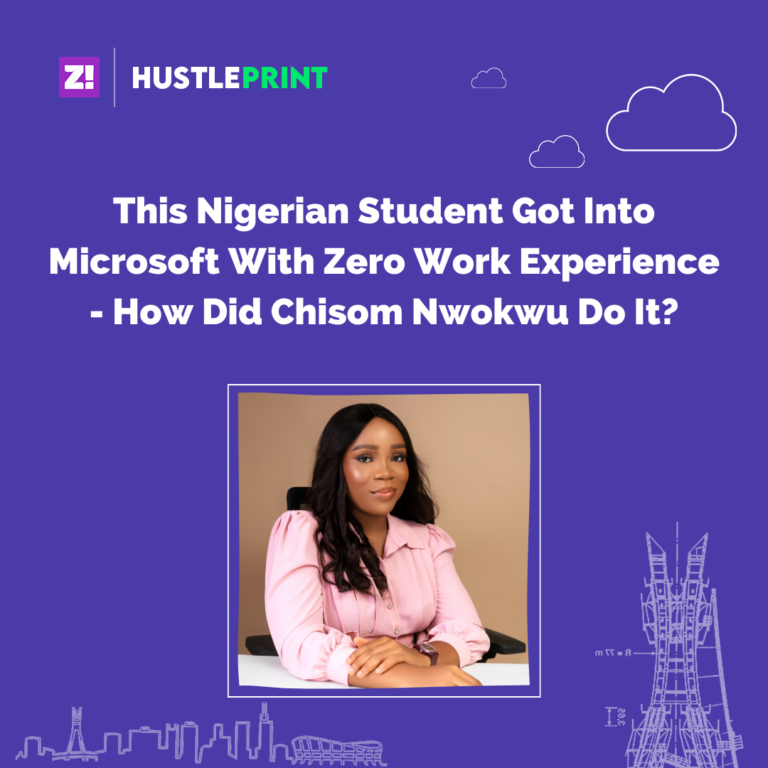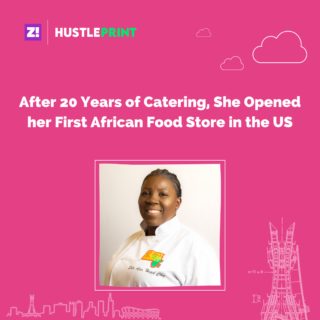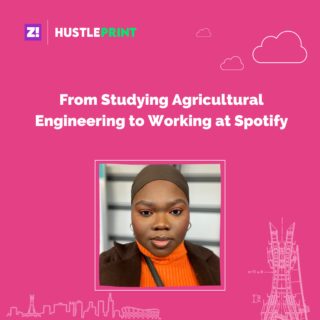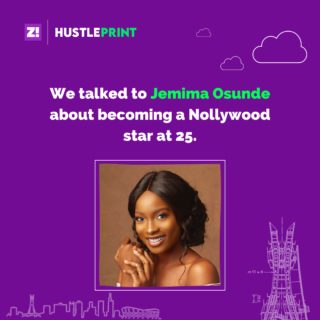Navigating life as a woman in the world today is interesting. From Nigeria to Timbuktu, it’ll amaze you how similar all our experiences are. Every Wednesday, women the world over will share their experiences on everything from sex to politics right here. This is Zikoko’s What She Said.
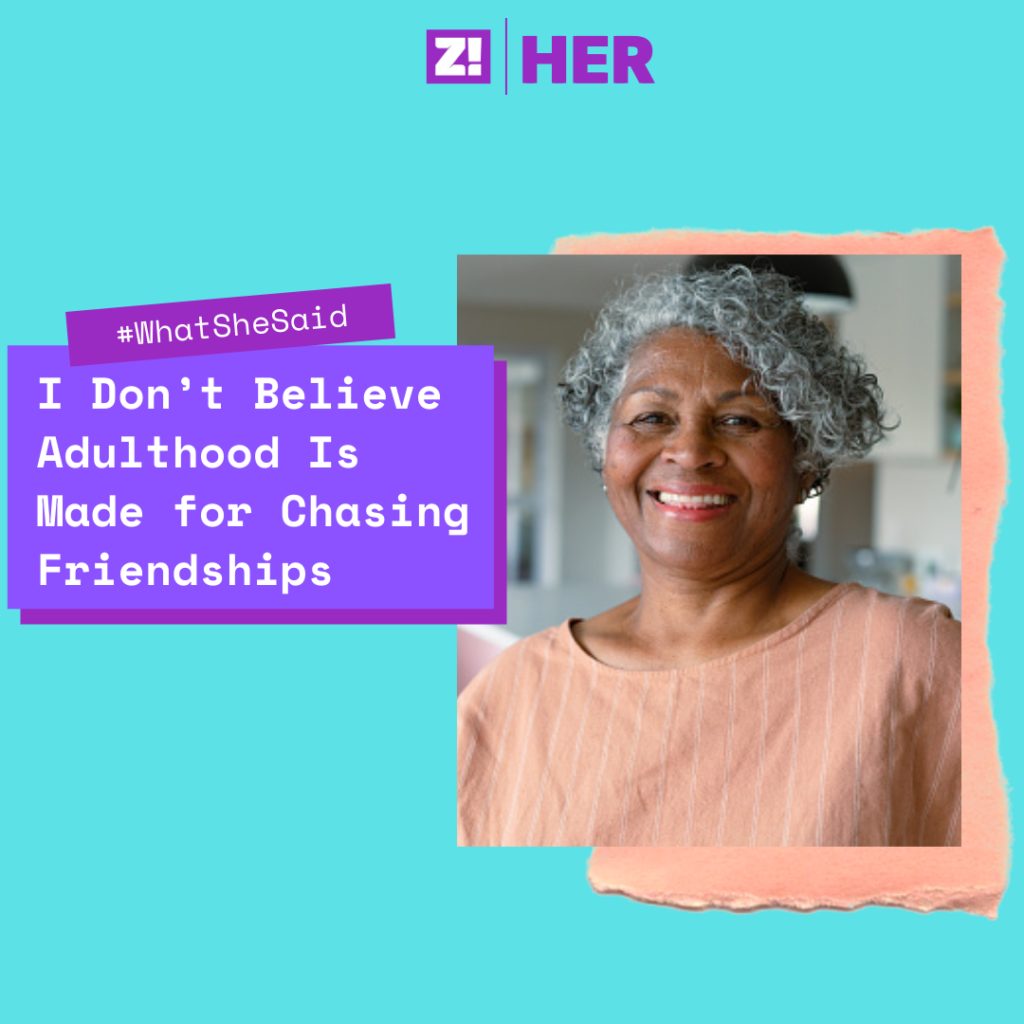
Today’s subject on #ZikokoWhatSheSaid is Onyeche Ebie, a 53-year-old Nigerian woman. She talks about the different phases of friendships in her life. From her first real friend to her first betrayal as an adult, Onyeche shares the moments that led up to her believing that life is better without a lot of friends.
What’s an advice 20-year-old you needed?
You don’t need too many friends in life.
Why?
At 28, I locked up on the idea of friendships. I’d just gotten my first job ever at a bank and got close to one of my colleagues. She’d already been in my department for two years, so it made sense to learn from her. I thought we’d become friends.
A few months later, she placed a complaint with our branch manager. She accused me of trying to defraud the company with a customer I’d become friends with. It probably wasn’t alright, but as my friend, she should have spoken to me first. I got off with only a warning because one of our senior colleagues told her she needed more proof. Other than that, the branch manager would’ve fired me.
So, that was the end of chasing friendships. I never understood why she did it, but I didn’t ask.
Wow. Did you have any close friends before this experience?
Not exactly. I’d never been the type of person to open up to people. I just didn’t enjoy talking. So I didn’t make any real friends until university.
The first was Mfon. We were in the same department, but we didn’t notice each other until our second year. Our department needed girls to represent them at Nigerian University Games Association (NUGA), and we were picked for the badminton tournament.
During the game, we talked between sets. She wasn’t as reserved as me, but I didn’t mind. I found out she’d grown up with busy parents like me and moved around often. So there was a lot to talk about. By the end of the game, we were friends.
That’s so cute. Who were the others?
My only other friend was Patience. We were from the same state, so it was easy to click at first. Things ended because she liked a guy that wanted to date me in 200 level.
Oop—
Mfon became my closest friend. My best friend actually. I loved how she made me try new things. I remember she got me my first lipstick. It was special because that was the first time I’d gotten a gift from anyone.
So what changed?
She had an extra year in school. So I’d say distance changed things. In 1991, mobile phones weren’t a thing. Keeping in touch after my graduation was almost impossible. Doing my NYSC in Kaduna also didn’t help. By the time I moved to Lagos a year later, I still hadn’t heard from Mfon.
I also had a part to play in the silence. I didn’t have time to stay in touch because I was trying to get a job. I was living away from home for the first time and squatting with my extended family in Lagos. There was no time for friends.
Five years went by, and I didn’t speak with Mfon. I was forced to search for her when I heard she’d died. I decided to track down a cousin whom Mfon had mentioned lived in Lagos when we were in uni. It turned out she’d been in an accident and was in recovery. I felt so guilty for not reaching out sooner.
I’m sorry that happened. Were you able to reconnect?
Yes, but a few months later, she moved to Zaria. We’ve stayed in contact, but it wasn’t like back in uni. She never came back to Lagos.
A year later, I started having kids, so I wasn’t focused on how to keep in touch.
So you never connected with anyone like your uni bestie?
No one knew me like Mfon. At least that version of myself. Adulthood took away that woman that loved badminton. The most important thing became survival.
The next friend I made was a few months after the fraud incident at the bank. And it was completely unintentional. My manager decided it was best to be in a different office, so I was moved to a new office. There, I met Aisha. Aisha shared my new office with me — I couldn’t ignore someone I had to see every day. Eventually, I warmed up.
What was different about Aisha?
We only got close because she talked about herself a lot more. She opened up about being AS and her husband also being AS. Being willing to share details about her family made me slightly less guarded.
The challenge came when it was time for me to talk about myself. Mfon always had a way to get me talking, but Aisha didn’t stress. And to an extent, I liked that.
When I had my first kid, she knew basic things like how much my child threw tantrums. I talked about the transition from being alone to having a child that was so expressive and chatty — the complete opposite of me. So yes, there were parts Aisha knew.
But when I had my second child in 2001, I didn’t talk about him for two years. I avoided the conversation.
Why?
He was born with down syndrome. That wasn’t an experience I wanted to share with anyone. I didn’t want any pity.
I didn’t even notice he was different from my first child until after three months. When I went to the hospital and got the diagnosis, even the doctor wasn’t sure about the next steps to take. There was nothing he could do. So what was the point of talking to Aisha? I had to find a solution myself.
For a long time, I didn’t meet mothers with a child like mine. Even when I found a foundation that helped parents like me, they were focused on just the money. There was nothing like a community for parents to talk about how they coped.
I’m sorry about that.
Thanks. It was difficult running around Lagos trying to find specialists to help, but I wanted my child to survive. Aisha wasn’t in the loop until about two years later. And like our friendship, it wasn’t intentional. She’d just lost a baby and talked about how she felt. In the middle of that, I opened up about my son. It made us a bit closer.
Even when I moved to Abuja in 2004, Aisha and I maintained contact. She eventually relocated to Abuja too.
So what made you decide life is better without friends?
I lost my job five years after moving to Abuja and the friends I made.
There were two women in particular I thought were my friends. We’d visit each other and go to weddings together. But when I lost my job, I felt like a plague. They dismissed me quickly anytime I checked in.
Did you reach out to them about this feeling?
No. I felt they thought I was hanging around for money. I decided it was best to keep to myself.
And Aisha?
The best she could do was refer customers to me when I started a business. Other than that, we were occupied with our own lives.
It sounds kind of lonely…
LOL. Life is lonely, with or without friends. It was impossible to be in the same place with Mfon or Aisha. Or try to keep up with each other’s lives when they moved at a different pace.
With my second child, no one could share that experience with me. I had to do it alone. And losing my job? I also had to figure that out alone. No matter how many friends I had, the only constant thing in each phase was me.
I hear you. How did starting a business go?
Most of my customers were people I’d randomly met at the bank. Some were customers I ran accounts for while others were colleagues. They weren’t people I’d ever consider friends. At that point, I realised there was no point in labelling people as friends. Acquaintances seemed more beneficial.
Are you still close to Mfon and Aisha?
They’re still a part of my life. We’re just fine with not seeing each other for months. The one time I saw Mfon after 1997 was 2021. She was in Abuja for chemotherapy, and I stayed by her side for the six months she was around. Time didn’t take away the fact that she was my best friend. It just changed how much I bothered myself with the “friendship” label.
Two or three friends are enough to get by in life.
For more stories like this, check out our #WhatSheSaid and for more women like content, click here

